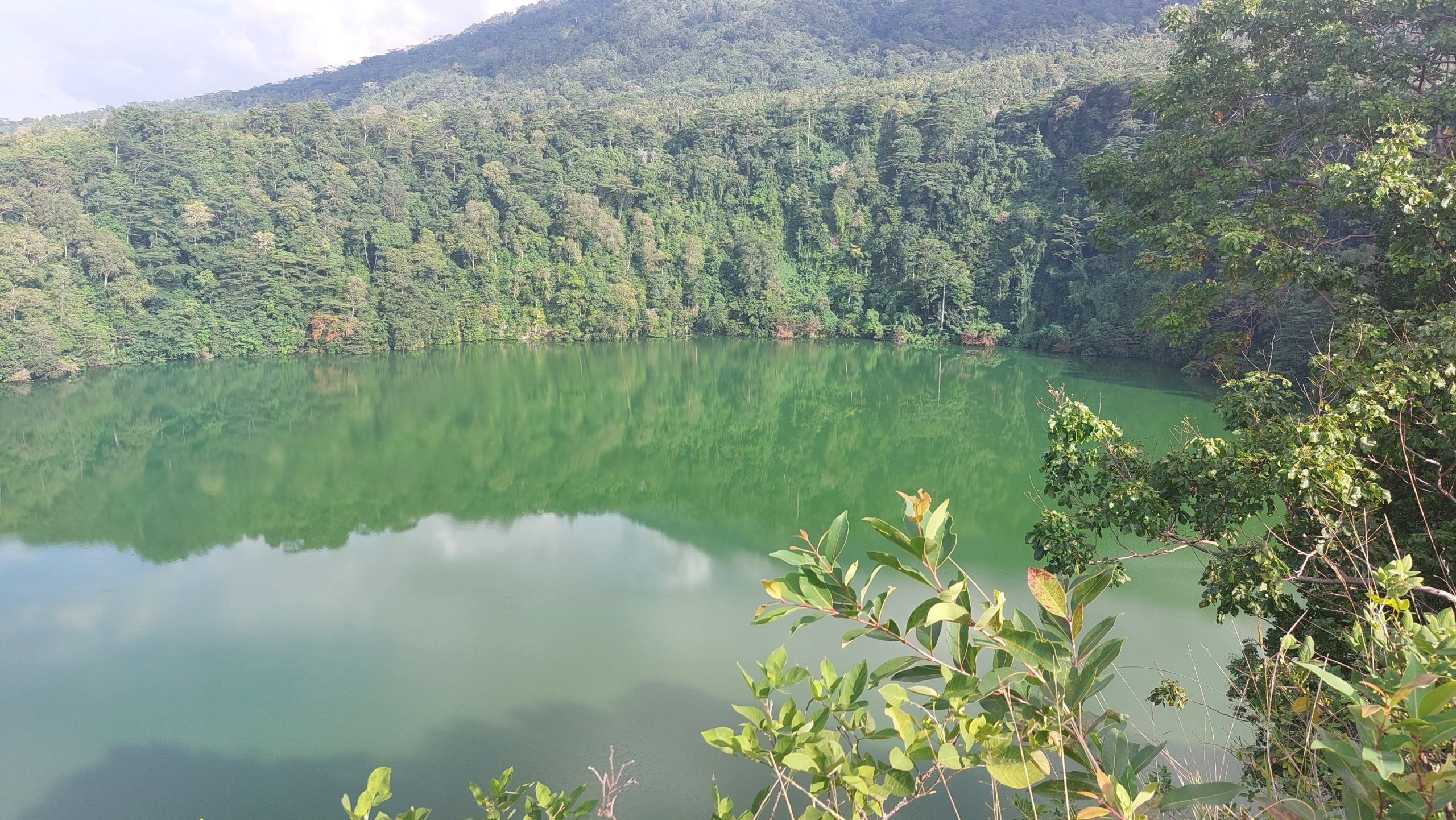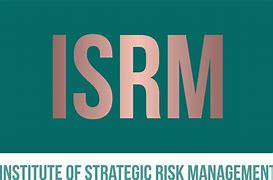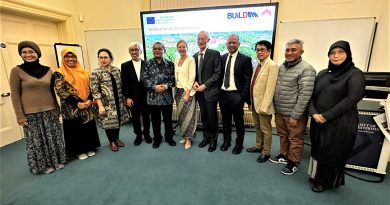The Crisis Response Creativity Of Universities – How BUiLD Consortium Partners Are Supporting The Local And National Covid-19 Response
During the current pandemic, many universities have either extended their range of activities or redeployed resources to support healthcare providers or businesses, communities and individuals affected by the crisis. In this post, we would like to share examples of the diverse Covid-19 related initiatives pursued by universities within the BUiLD consortium.
The manufacturing and donation of medical and personal protective equipment, the repurposing of university facilities to provide accommodation for key workers or to accommodate testing facilities are some examples of initiatives pursued by the University of Gloucestershire where 138 nursing students answered a call to work on the NHS frontline. At the height of the pandemic, numerous staff members were volunteering to support local hospitals and the student community. International students who found themselves stranded in the UK and suddenly without any income were given food hampers donated and distributed by University staff, whilst others who were identified as key workers worked with student services and their academic advisors to accommodate their vital duties alongside their studies. The Growth Hub located at the University’s Gloucester campus remained virtually open and provided ongoing business continuity and legal advice to local SMEs.
Across Indonesia, initiatives pursued by universities are varying depending on the needs of the local community.
Universitas Islam Indonesia in Yogyakarta whose student medical team has been deployed in the aftermath of previous earthquakes is involved in the production of scrubs. UII’s Growth Hub Simpul Tumbuh which opened in 2018 is running an online shop to assist local entrepreneurs with the promotion and sales of their produce or services.
Universitas Ahmad Dahlan, also in Yogyakarta is involved in the distribution of PPE, the provision of food supplies for international students and has put together a fund for the creation of isolation rooms.
A weekly physical and virtual market is being run by Universitas Andalas in Padang to support local farmers and to provide access to fresh produce within the local community. A similar initiative has been launched at Universitas Muhammadiyah Palu where even two years after the earthquake, tsunami and liquefaction disaster many are still living in tents and thus require special assistance during the pandemic.
In the remote area of North Maluku, Universitas Khairun have arranged food supplies and internet data packages for their students and are involved in producing hand sanitiser from local spices as well as in supplying masks in collaboration with the Indonesian Red Cross.
Universitas Lambung Mangkurat in Kalimantan are fundraising for the procurement of PPE and are advising local communities on the Covid-19 secure handling of funerals, particularly in relation to handling bodies that may still carry the virus as this has caused particular concern and a resistance towards carrying out burial during the ongoing pandemic.
A large fund for the distribution of PPE within the Jababeka industrial estate has also been created by President University in Jakarta, where colleagues from the President University Law School are specifically focusing on leading debates on legal issues arising during as a consequence of the pandemic.
Whilst selective, these examples demonstrate that universities around the globe have diverse opportunities for mobilising resources in response to a crisis and are agile in implementing a range of solutions that are situationally and locally relevant. This is due to their ability to repurpose facilities, redeploy human resources including staff and students, employ their intellectual capital for research, development and innovation and leverage their external networks.
Written by Nadine Sulkowski



